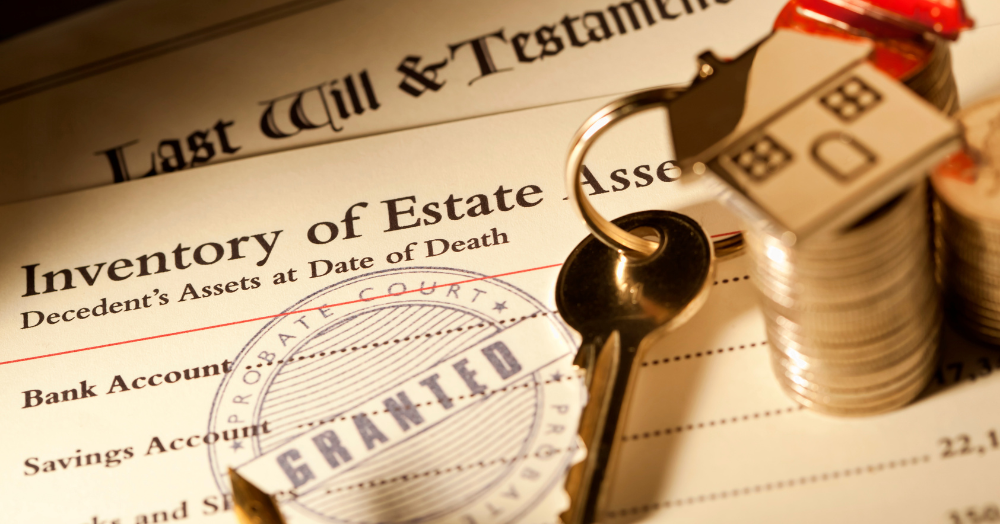
A quick look at the probate process, and how it relates to property
Benjamin Franklin said nothing is certain except death and taxes, and probate merges both. This article explains the process and how you can best navigate your way through at a difficult time.
The first thing often discussed when dealing with a person's estate is the property. Sadly, unless the beneficiary wants to move into the property, there are running costs and maintenance to pay for, which means it's usually relatively quick to go on the market. But there is a sticking point - probate. This can scupper your selling plans and leave you with an empty property that must be paid for and potentially a sale that can't go ahead. It's a terrible situation for both you and the buyers who have had their hearts set on buying this property. And perhaps there's even a chain of other buyers set on the home of their dreams, all to come tumbling down because of probate, or a lack thereof as the case may be.
So, how can you understand the probate process more fully and, therefore, handle it without creating unnecessary stress for you, your family and any other buyers or sellers that might be connected to the sale chain?
What is probate? - Probate refers to the legal right to deal with someone's estate, meaning their property, assets and possessions, after they die. If there is a will, there will be named beneficiaries (the people who will inherit) and executors (those who take responsibility for distributing the estate).
If you are named executor for someone's will, your responsibilities will include gathering the assets, arranging for them to be valued, paying off any debts or mortgages and completing the forms for inheritance taxes. The executor is there to ensure that the wishes in the will are followed.
How long does it take? - The process can take up to a year to receive the grant of probate, which will give the authority to the executor to distribute the assets.
What does this mean? - Until you have been given a full grant of probate, you, as the executor, cannot legally distribute the assets. That means you are not legally authorised to sign the transfer of property documentation, and therefore, you can not sell a property. You should not make any financial plans or sell the property until you have been granted probate; otherwise, if you have a buyer who may also be in a chain, you will not be able to complete the sale. This could have catastrophic repercussions on your buyer and the chain and may result in a failed sale, which will also carry additional expenses.
Are there any exceptions? - Yes, some cases do not require a grant of probate. Mainly if the estate's total value is less than £5k or if the estate is held jointly, where it will simply pass automatically to the survivor.
The process is made significantly easier if there is a will detailing all assets and finances. This is something that is overlooked by many of us, probably because we don't like to think about the worst happening, but without a will, you could cause additional stress to your grieving family after you've gone.
Speak to a solicitor about your will to ensure it's up to date. If you are dealing with probate and would like some guidance on selling the property asset, contact our team today - While you can not complete a sale until you have been granted probate, you can certainly get prepared, so don't delay!